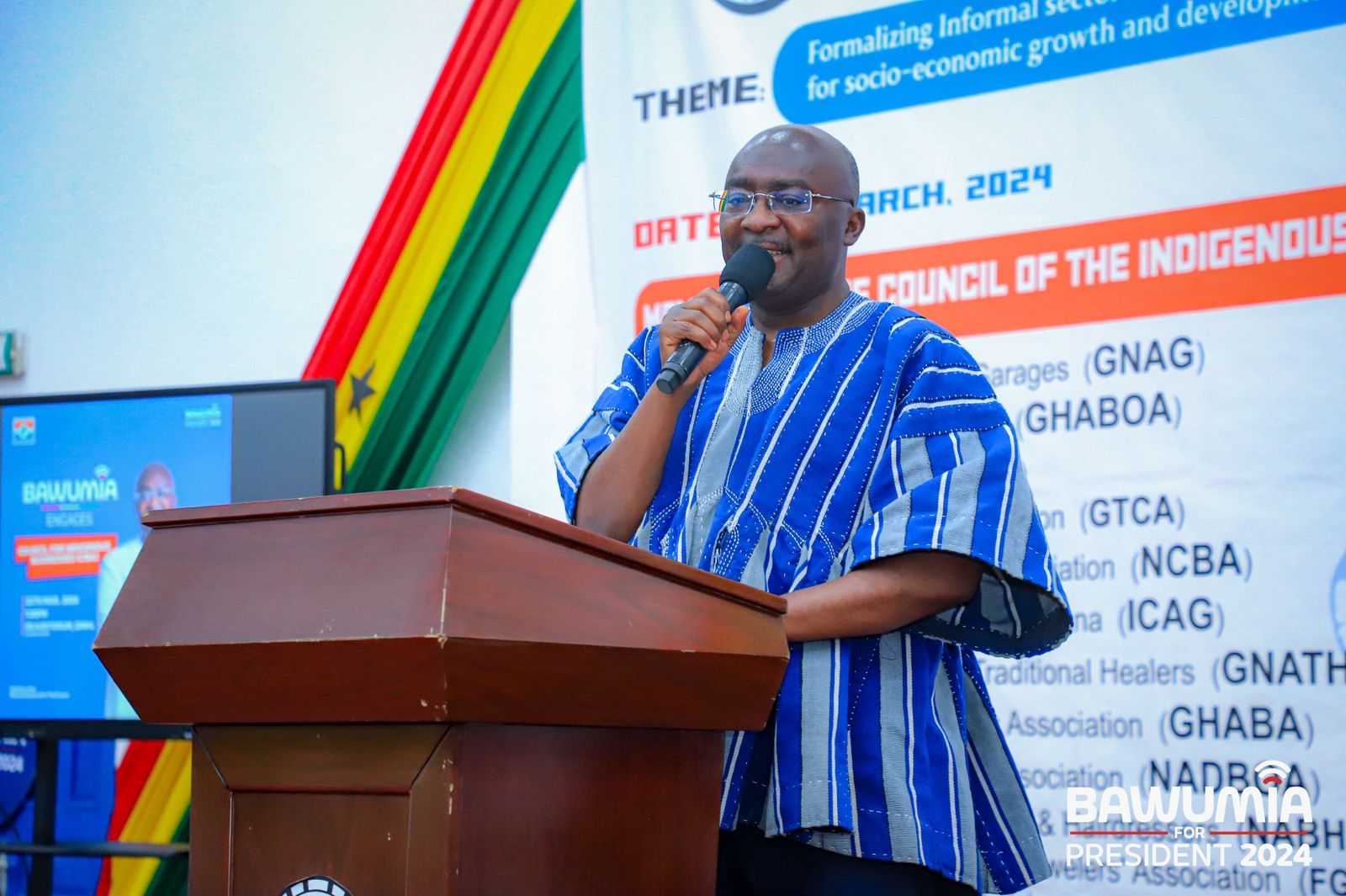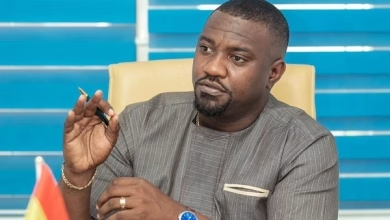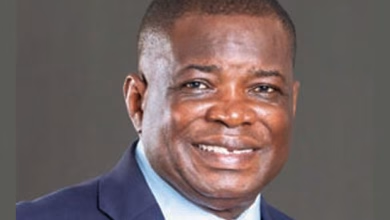Vice President Dr. Mahamudu Bawumia, the flagbearer of the governing New Patriotic Party (NPP), has made a significant pledge to add 2,000 megawatts of solar power to Ghana’s energy mix during his tenure as president. This move is aimed at reducing the increasing cost of electricity, which renders businesses uncompetitive.
Dr. Bawumia attributed the rising cost of electricity to the exchange rates and the cost of petroleum on the international market. He emphasized that Ghana’s energy mix is heavily exposed to world crude prices and foreign exchange fluctuations, leading to a high cost of living for the average Ghanaian and making businesses uncompetitive.
The NPP leader made this pledge during a meeting with the clergy in the Volta Region as part of his regional campaign tour. He highlighted the need for Ghana to take advantage of solar power to reduce its reliance on oil and gas.
Dr. Bawumia noted that Ghana currently relies heavily on oil and gas to generate power, which is costly. He stated that anytime prices move up in the Middle East, fuel, electricity, and transport prices also increase. Therefore, he wants to move away from oil and gas to solar power, which is the key to generating electricity.
The Vice President’s goal is to add 2,000 megawatts of solar power to the generation of power in the next four years. This is more than half of Ghana’s consumption of electricity, and combining it with Akosombo will nearly reduce the cost of power by nearly 50 percent.
This reduction in cost will give Ghanaian businesses a competitive advantage. Dr. Bawumia expressed his vision of aggressively expanding solar power over the next four years to mitigate the severe fuel costs burdening Ghanaians and businesses.
Currently, Ghana’s electricity mix relies heavily on natural gas (62.6%) and hydropower (34.1%). Solar power accounts for less than one percent, according to data from the International Energy Agency (2021).
Dr. Bawumia’s pledge to add 2,000 megawatts of solar power to the energy mix is a significant step towards diversifying Ghana’s energy sources and reducing its reliance on costly oil and gas.
The move towards solar power is expected to reduce the cost of living for Ghanaians and make businesses more competitive. It is a key part of Dr. Bawumia’s vision for Ghana’s energy future.
Dr. Bawumia’s pledge to add 2,000 megawatts of solar power to Ghana’s energy mix is a positive step towards a more sustainable and competitive energy future for Ghana.


